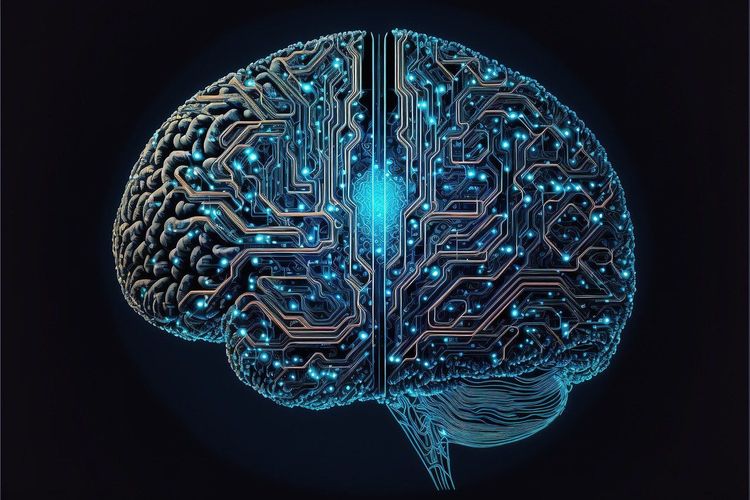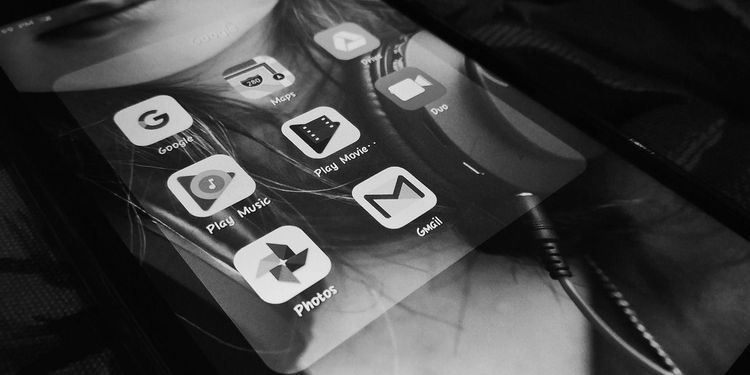OpenAI recently generated considerable excitement in the tech industry with its innovative generative AI model, Sora, capable of creating original videos from simple scene descriptions—eliminating the need for cameras or film crews. However, Sora is currently restricted to affluent creators, particularly in Hollywood, rather than catering to everyday hobbyists or small-scale marketers.
Recognizing a gap in the market, Alex Mashrabov, the former head of generative AI at Snap, seized the opportunity to create Higgsfield AI, a video creation and editing platform powered by advanced AI, tailored for personalized applications.
Higgsfield’s inaugural app, Diffuse, utilizes a custom text-to-video model that can generate videos entirely from scratch or transform a selfie into a personalized clip. “Our target audience encompasses a diverse range of creators,” Mashrabov explained in a recent interview. “This includes everyday users wanting to make fun content with friends, social media influencers exploring new formats, and marketers striving to make their brands memorable.”
Mashrabov previously co-founded AI Factory, which was acquired by Snap for $166 million in 2020. During his time at Snap, he contributed to developing popular features like AR effects and filters for Snapchat, including Cameos and the contentious MyAI chatbot.
Co-launched a few months ago with AI researcher Yerzat Dulat, Higgsfield offers a curated selection of pre-generated clips, tools for uploading reference media, and a detailed prompt editor that enables users to outline the characters, actions, and scenes they want to create. Through Diffuse, users can insert themselves into AI-generated scenarios or have their digital likeness emulate actions—such as dance moves—captured from other videos.
“Our model supports realistic movements and expressions,” Mashrabov stated. “We’re pioneering 'world models' for consumers, which will empower us to deliver top-tier video generation and editing with a high degree of user control.”
Higgsfield isn’t the only player in the generative video space competing with OpenAI. Runway has been a frontrunner, continuously enhancing its tools. Additionally, there's Haiper, supported by two former DeepMind employees and over $13 million in venture funding.
Mashrabov believes Diffuse will carve out its niche thanks to a mobile-first, socially-oriented go-to-market approach. “By focusing on iOS and Android apps instead of desktop versions, we allow creators to generate engaging social media content anytime and anywhere,” he noted. “This mobile focus lets us prioritize user experience and consumer-friendly features from the outset.”
Higgsfield operates leanly, with a 16-person team having developed its generative models in under nine months, using just 32 GPUs for training—significantly fewer than the tens of thousands utilized by OpenAI. The company has raised a total of $8 million, primarily from a recent seed funding round led by Menlo Ventures.
To maintain a competitive edge, Higgsfield plans to invest in developing an enhanced video editor that will enable users to modify characters and objects within videos, alongside improving video generation models tailored for social media applications. Mashrabov sees social media and marketing as Higgsfield's primary revenue opportunities.
Currently, Diffuse is free to use, but Mashrabov anticipates a future model where marketers can access premium features through a subscription or pay-per-use for larger campaigns. “We believe Higgsfield unlocks significant potential for realism and content production opportunities in social media marketing,” he asserted. “Marketing professionals often express a need to optimize their content production budgets and timelines while still delivering impactful material. We believe generative AI video solutions will be crucial in helping them achieve that.”
That said, Higgsfield faces broader challenges common to generative AI startups. There are well-known risks associated with generative models like Diffuse, which may inadvertently reproduce training data. This could pose an issue if the models were trained on copyrighted material without proper authorization, thereby risking copyright infringement and potential litigation.
Mashrabov refrained from disclosing the specific sources of Higgsfield's training data beyond noting it is derived from "multiple publicly available" locations. He also did not confirm whether user data would be retained for future model training, which might concern some corporate clients. He did mention that Diffuse users can request their data be erased at any time through the application.
Platforms like Higgsfield, which enable digital "cloning," could also be prone to misuse, as evidenced by the rapid proliferation of deepfakes on social media recently. This raises concerns about the potential theft of creators' content—users could easily copy choreography by simply uploading a video to generate their version.
When asked about the safeguards in place to mitigate abuse, Mashrabov was tight-lipped about specifics but asserted that the platform utilizes a combination of automated and manual moderation. “We’re choosing to roll out the product gradually and test it in select markets first, so we can monitor potential abuse and evolve our offering as needed,” he added.
Only time will tell how effectively these measures will perform in real-world scenarios.







